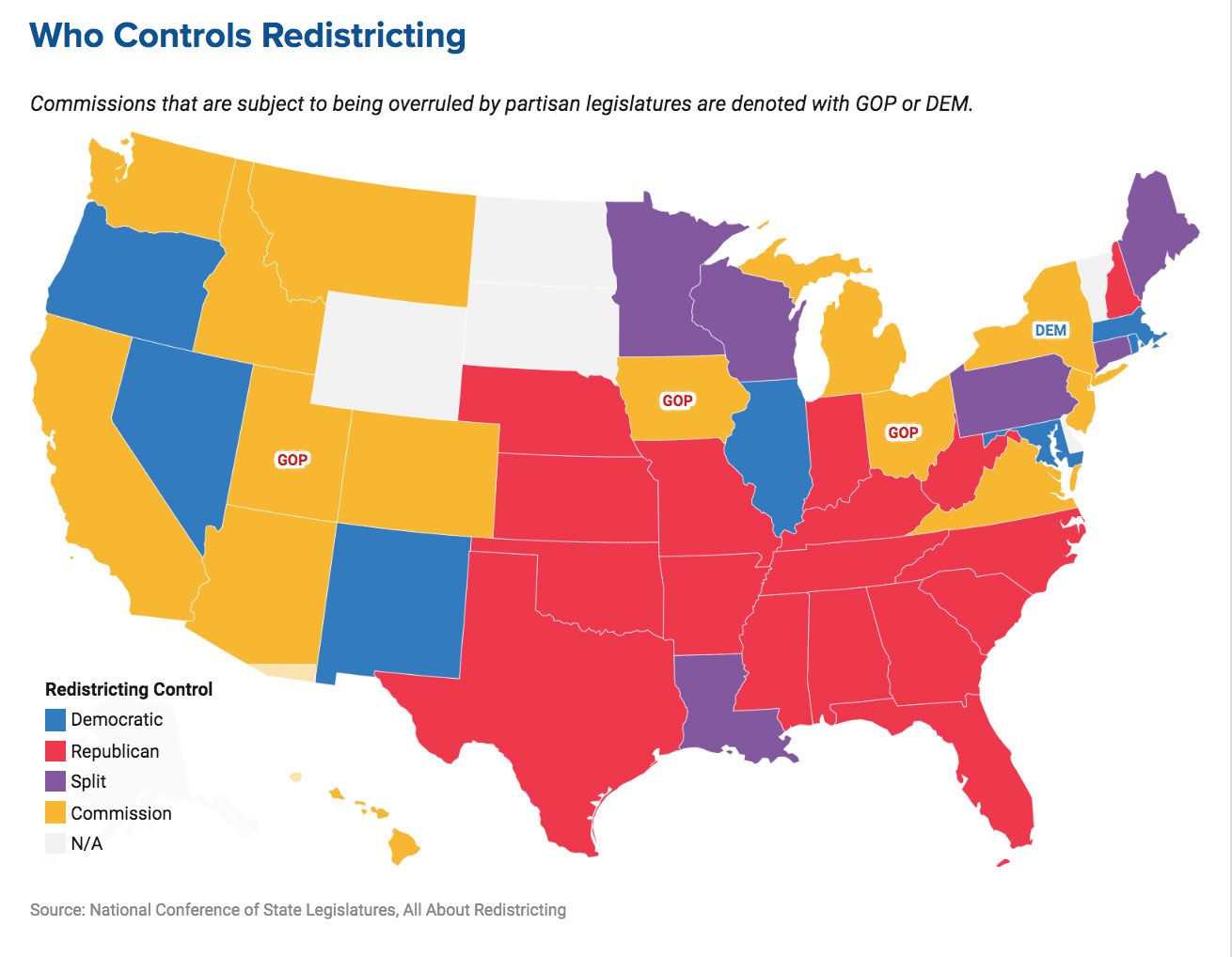


In designing the questions, I wanted to not only get forecasts for the midterms, but ask questions testing whether people think that the polling is likely to be biased. With the election a week away, I’d like to invite anyone who hasn’t had a chance to sign up for the Salem Center/CSPI forecasting tournament to do so. And the Senate races that will determine control of that body are in states that are perennial toss-ups. Right now, Democrats have a majority of only 8, meaning any notable shift towards the Republicans should mean they lose the House. In 17 out of 19 cases, the party out of power has picked up House seats. Here’s a chart showing how the president’s party has done in every midterm since 1946. The fact that polling is giving it only a 1-in-3 chance of happening is, I believe, a consequence of the polling being skewed. By contrast, Republicans picking up a net of one Senate seat would be a completely banal outcome. I’m not saying it’s impossible - we do have those two examples - but it’s difficult to understand why that would happen this fall. The only precedents for that happening in remotely recent history are the 9/11 election and the 1962 midterms held right after the resolution of the Cuban Missile Crisis. I will be genuinely shocked if Democrats hold the House. Matt Yglesias adds another point about why you should start with an assumption that Republicans are going to do well.Īccording to 538, Republicans have a 72 percent chance of taking the House, while Democrats have a 64 percent chance of holding the Senate. I’ve already written about the discrepancy between what polls are saying compared to prediction markets and forecasting websites. Note: I’ll be giving a talk on the forthcoming election and what’s going on with polling at the Salem Center at the University of Texas, Austin, on November 7 at 4PM.


 0 kommentar(er)
0 kommentar(er)
